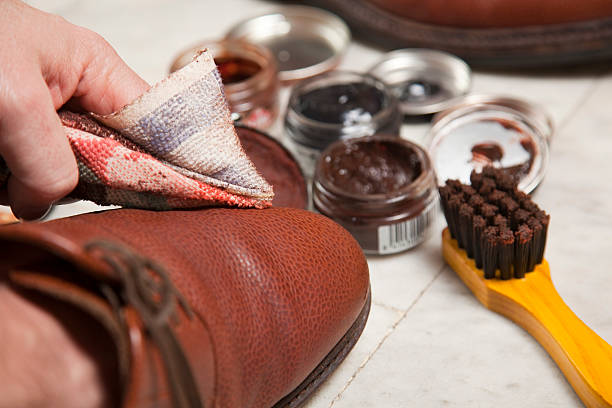Keeping kids' shoes in good condition is important for their comfort and health. Here are some practical tips on how to maintain and clean your child's footwear, along with the importance of proper shoe hygiene.
1. Regular Cleaning
Clean your child's shoes regularly to keep them looking good and to extend their life. For everyday dirt, use a soft brush or a damp cloth. For tougher stains, a mild soap solution works well. Remember to remove any laces and clean them separately.

2. Dry Properly
After cleaning, let the shoes air dry. Avoid placing them near direct heat sources like radiators or in the dryer, as this can damage the material. Stuffing shoes with newspaper can help them retain their shape and speed up drying.

3. Deodorize
Kids are active, and their shoes can quickly develop odors. To keep shoes fresh, sprinkle a little baking soda inside and let it sit overnight. Shake out the excess in the morning. Alternatively, you can use specially designed shoe deodorizers.

4. Rotate Shoes
It's a good idea to have more than one pair of shoes for your child. Rotating shoes gives each pair time to air out and reduces wear and tear. This can also help prevent foot problems caused by wearing the same shoes every day.
5. Check for Damage
Regularly inspect your child's shoes for signs of wear and tear. Look for holes, worn soles, or damaged laces. Addressing these issues promptly can prevent discomfort and prolong the life of the shoes.

6. Waterproofing
For leather or fabric shoes, consider using a waterproof spray. This can protect the shoes from rain and spills, making them easier to clean and helping them last longer.

Importance of Proper Footwear Hygiene
Proper footwear hygiene is crucial for your child's health and well-being. Clean, well-maintained shoes help prevent foot problems such as blisters, fungal infections, and unpleasant odors. Ensuring your child’s shoes are clean and dry also reduces the risk of bacterial growth, which can lead to infections.

